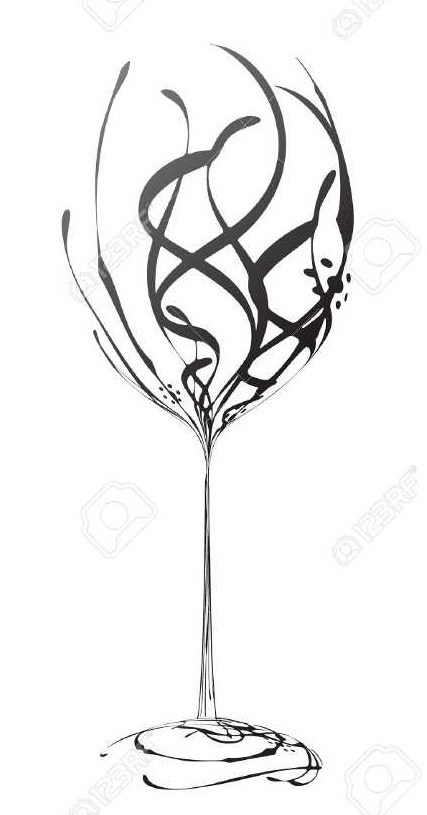FWP:
There may be something interesting going on in this verse, but if so it eludes me. I don't see that the two lines have much real connection-- the whole idea of wine as a Flower-picker is simply so physically ungrounded, so hard to put together visually in one's imagination (does the wine have red blobby 'hands' that reach out and pick the flowers, like a creature in a horror movie?). There would need to be some special care given to justify it and make it work. And no such care is apparent. On the contrary in fact: the idea of the line formed by wine in the glass as resembling a 'gaze' is equally uninviting (since when do gazes go round in circles?), and doesn't cohere well at all.
Faruqi does as much for the verse as is humanly possible, but I still can't make myself take it seriously. Once we've struggled to 'get' the complex connections that the verse manages to set up, what have we got? What's behind all the arbitrary and unmotivated-seeming imagery? I still don't buy it.
Of course, there's the wordplay of body parts: lip, down on the cheek [;xa:t:t], head [saraasar], and perhaps the eyes through 'gaze'.
For more about lines on wine-containers, see {81,6x}.

Nazm:
That is, your lip is the flower, and the wine is the Flower-picker, and the line on the glass is the gaze of the Flower-picker. And the word 'entirely' [saraasar] is put in to complete the verse [as padding]. (223)
== Nazm page 223